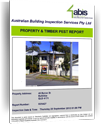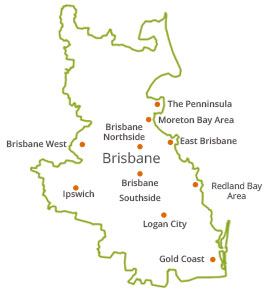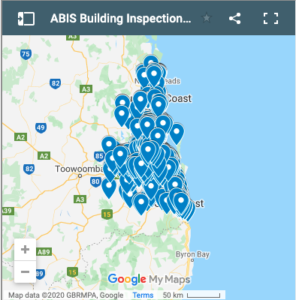Freshwater is a valuable and increasingly limited resource. Rainwater can provide a renewable supply of natural, soft, clear, and odourless water we can use either as the main source of household water or as a supplement, subject to local water authority requirements.
Rainwater use can reduce your water bills which will become more important as Governments increase water prices to recover the true costs of water. Rainwater also reduces the significant damage to creeks and water habitats caused by storm runoff. Australian State Governments have introduced legislation mandating new standards of water efficiency ratings that must now be incorporated into new dwellings. Local administrators have also introduced guidelines for safe water usage systems.
Rainwater generally contains few chemicals, although there may be a risk of pollution from airborne contaminants in major urban centres and industrial areas. Generally, however, rainwater is safe to drink providing it is clear, has little taste or smell. Where rainwater systems are well maintained, the risk of harmful organisms is low. Ensuring that water quality is good depends on correct design and installation, followed by sensible maintenance of your rainwater tank and catchment area.
Tanks are available in a range of materials (galvanised steel, concrete, fibreglass, and plastic). When installed, they should be covered and every access point, except the inlet and overflow, sealed. Both the inlet and overflow should incorporate a mesh cover and strainer to exclude foreign matter and insects.
Rainwater can be collected from most types of roof, providing they have not been painted with lead-based paint or coated with a bitumen-based material. Other issues to consider include avoiding the use of pesticide-treated timbers and lead flashings and ensuring that overflows from roof-mounted evaporative air conditioners or hot water systems do not discharge onto the roof. Roof catchments should be kept clean and clear of leaves and debris.
First flush devices stop the first portion of roof runoff being collected and will reduce dust, bird droppings and leaves being washed into tanks. It is recommended that you use these devices or disconnect the tank inlet so that the first runoff of rain after a dry spell is not collected. Insect-proof screens should be cleaned regularly to prevent tanks from becoming mosquito breeding sites. Tanks should be checked for sludge accumulation at least every 2-3 years.
The size of the tank you need to provide the total supply of household water will depend upon a number of factors including the amount and pattern of rainfall, roof area and water usage, the most important issue being continuity of supply. Before you install a rainwater tank you will need to find out if there are any health, building or planning regulations governing rainwater tanks in your area.
*We do not provide any professional advice nor service related to Rainwater Systems.




